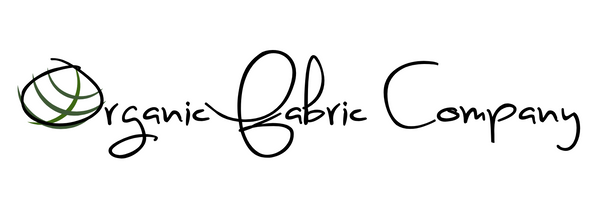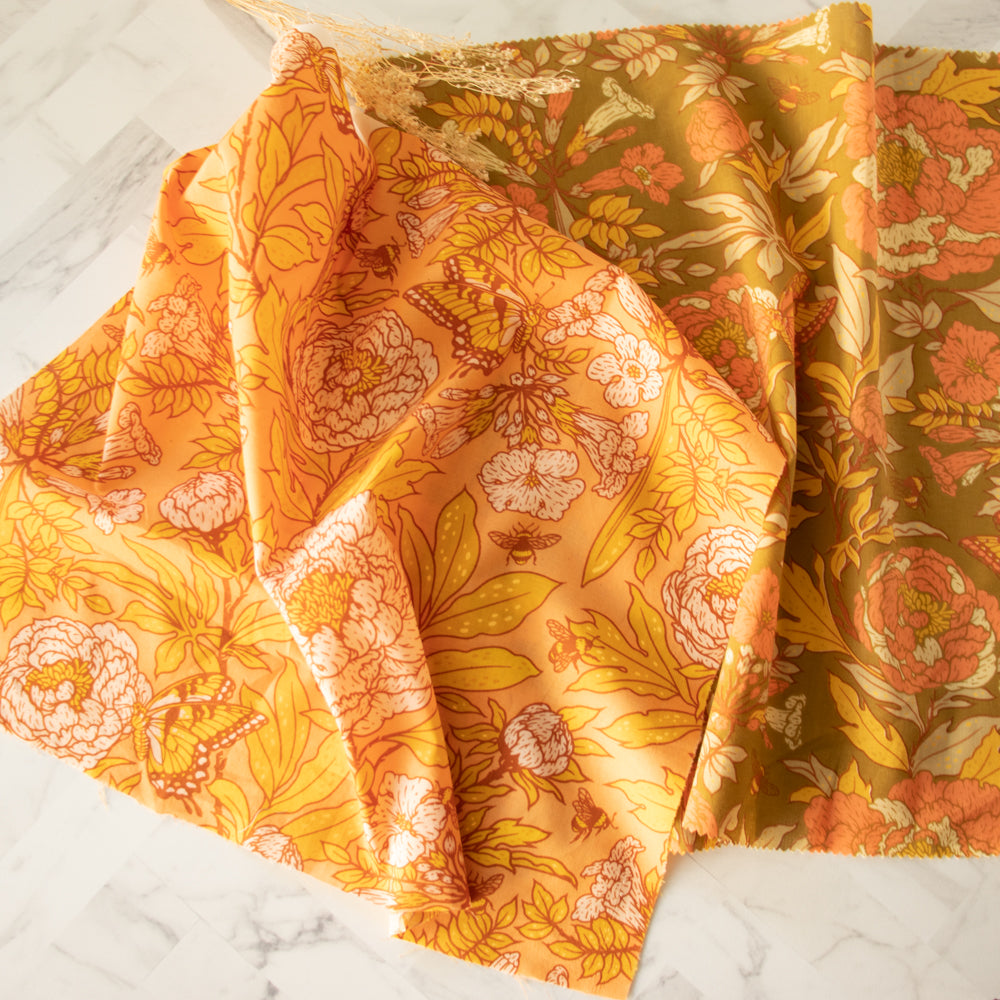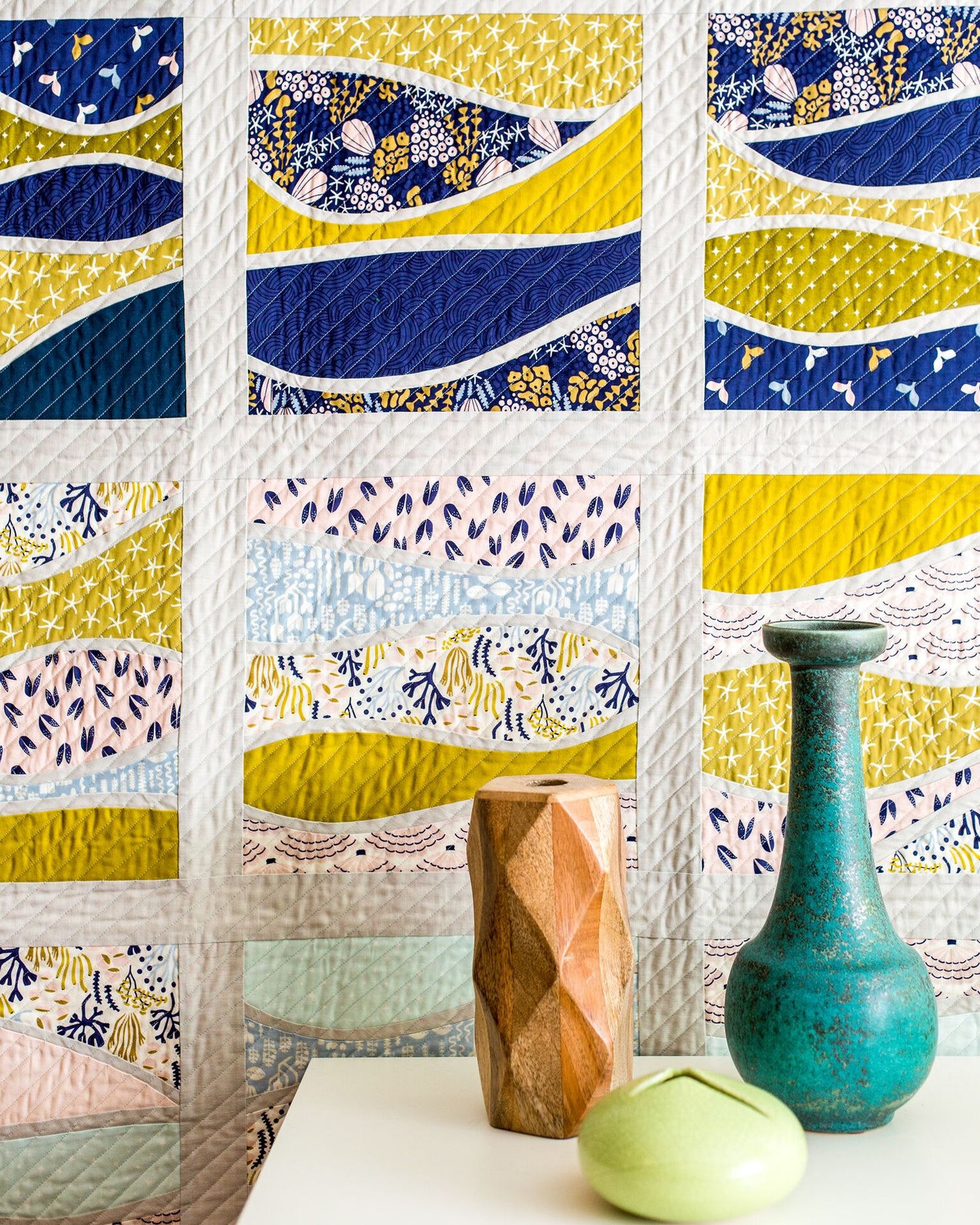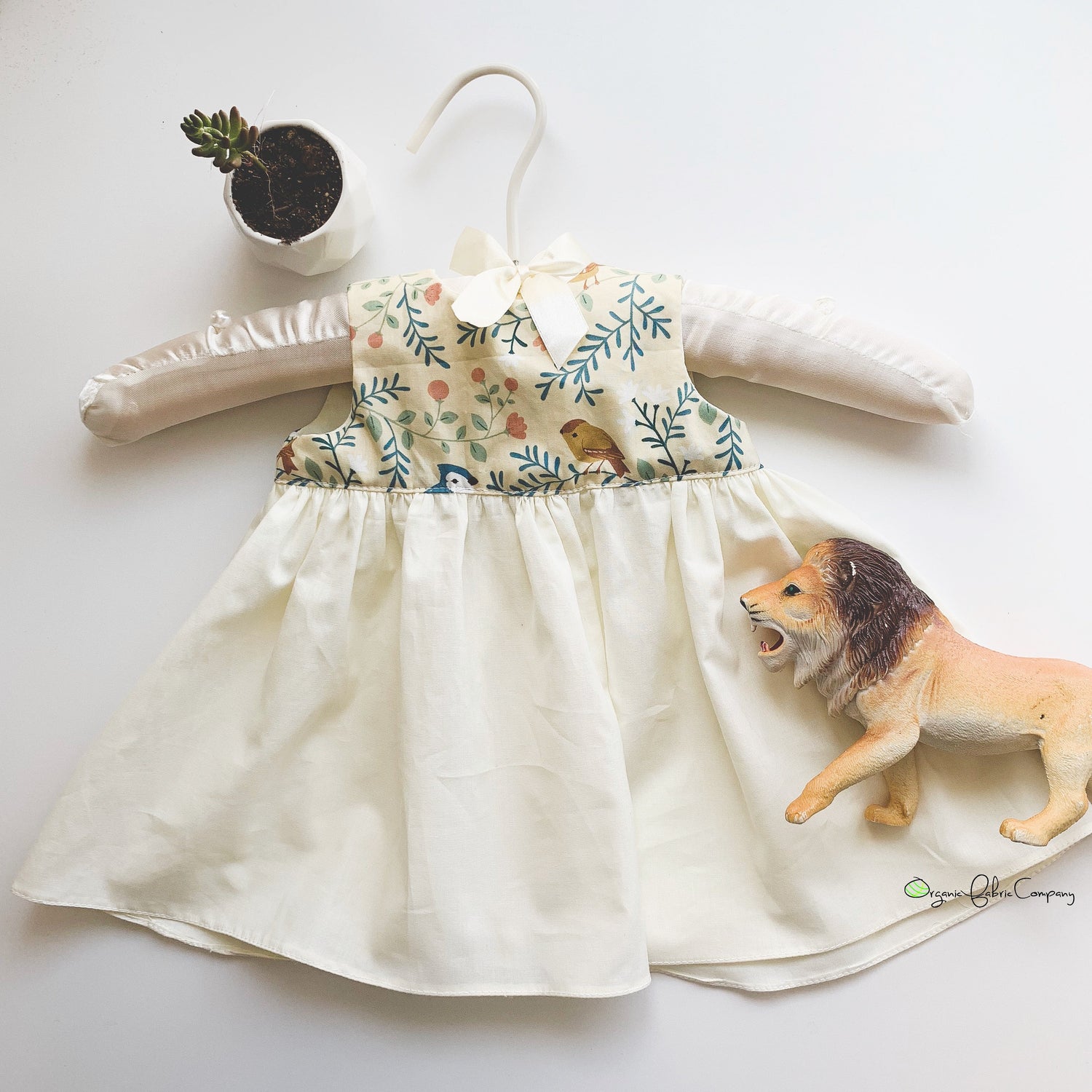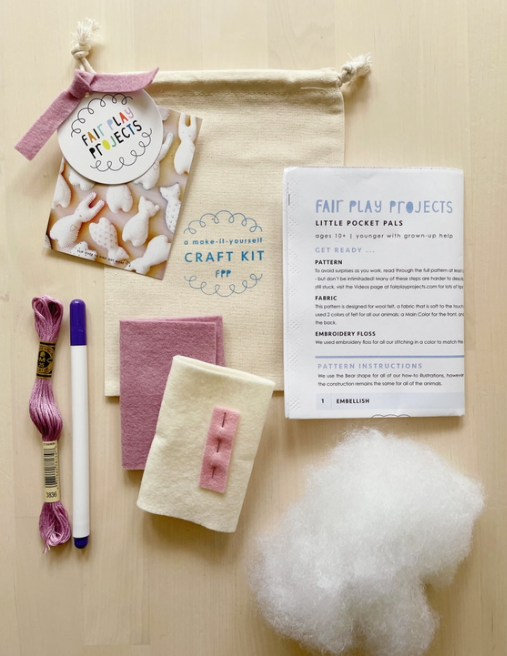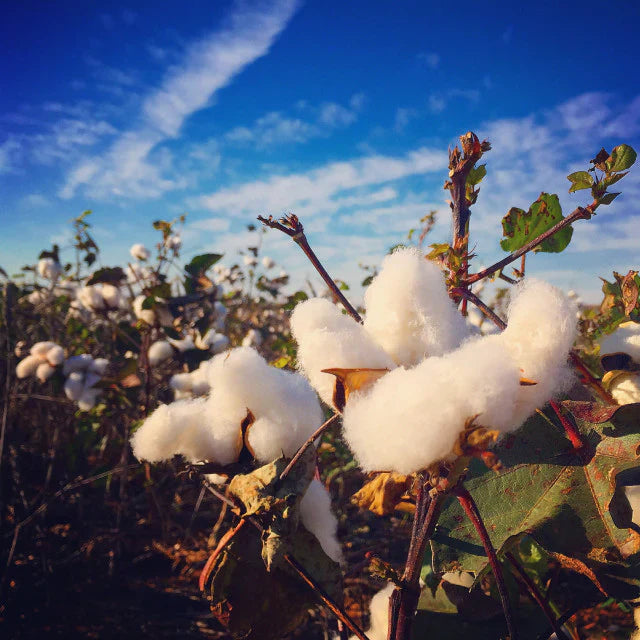
Organic Cotton vs. Conventional Cotton: 5 Reasons It Truly Matters
Organic Cotton vs. Conventional Cotton: Does it Really Matter?
Hello, Friends!
As I was reflecting on our journey with Organic Fabric Company, I thought it would be meaningful to share some of the core reasons why we chose to sell organic fabrics when we opened our shop back in 2016.
🌱 Why Organic Matters
Using organically grown cotton—especially GOTS-certified cotton—has a significantly lower impact on nature. But did you know that GOTS (Global Organic Textile Standard) certification goes beyond just the cotton itself? It covers the entire journey, from seed to consumer, ensuring that every step in the cotton chain meets rigorous environmental and ethical standards. This includes regulations on growing, cultivation, processing, dyeing, manufacturing, and even labor conditions.
🎨 Low-Impact Dyes: Better for You and Nature
Certified organic cotton products often use low-impact dyes, which are far superior to their conventional and even vegetable-based counterparts. Why? The biggest reasons are:
-
No Heavy Metals or Toxins: Low-impact dyes are free from harmful chemicals that can linger in the fabric.
-
Reduced Water Usage: These dyes require less water during processing, and the water used can be recycled and reused, minimizing industrial runoff that pollutes waterways.
This means a safer product for you and a cleaner process for the environment.
🌾 A Chemical-Free Crop Means Healthier Communities
Organic cotton is grown without the harmful synthetic pesticides, herbicides, and insecticides that conventional cotton is soaked in. These toxic chemicals don’t just wash away. Many of them remain within the fibers and travel to the end consumer, while also wreaking havoc along the way:
-
Harming Farmers and Factory Workers: Exposure to these chemicals can lead to serious health issues, including cancers and respiratory diseases.
-
Destroying Nature’s Balance: Pesticides poison local ecosystems, harming wildlife and contaminating water supplies.
-
Depleting the Soil: Chemicals strip the soil of its natural nutrients, making it harder to grow future crops in a healthy, sustainable way.
🚫 Conventional Cotton: A Heavy Chemical Load
Here’s a sobering fact: conventional cotton uses around 25% of the world’s insecticides—more than any other crop, even GMO corn! It also accounts for 10% of the world’s pesticides.
According to the World Health Organization, over 20,000 deaths occur each year due to pesticide poisoning, and an estimated 10,000 farmers die annually from cancers linked to these chemicals.
💚 How We Can Shift the Market
The truth is, large corporations care about their bottom line. But as we, the consumers, shift our demand toward organic and sustainably produced fabrics, the industry will follow. Every conscious purchase sends a message—a vote for a healthier planet, safer working conditions, and a future where sustainability is the norm, not the exception.
By choosing organic, we’re saying no to harmful chemicals and yes to fabrics that are kind to the earth, to farmers, and to our families.
Thank you for being part of this journey with us. Together, we can make a difference—one stitch at a time.
With love,
Gaby ✨
Organic Fabric Company
“Beautiful, sustainable fabric for everyone.”
